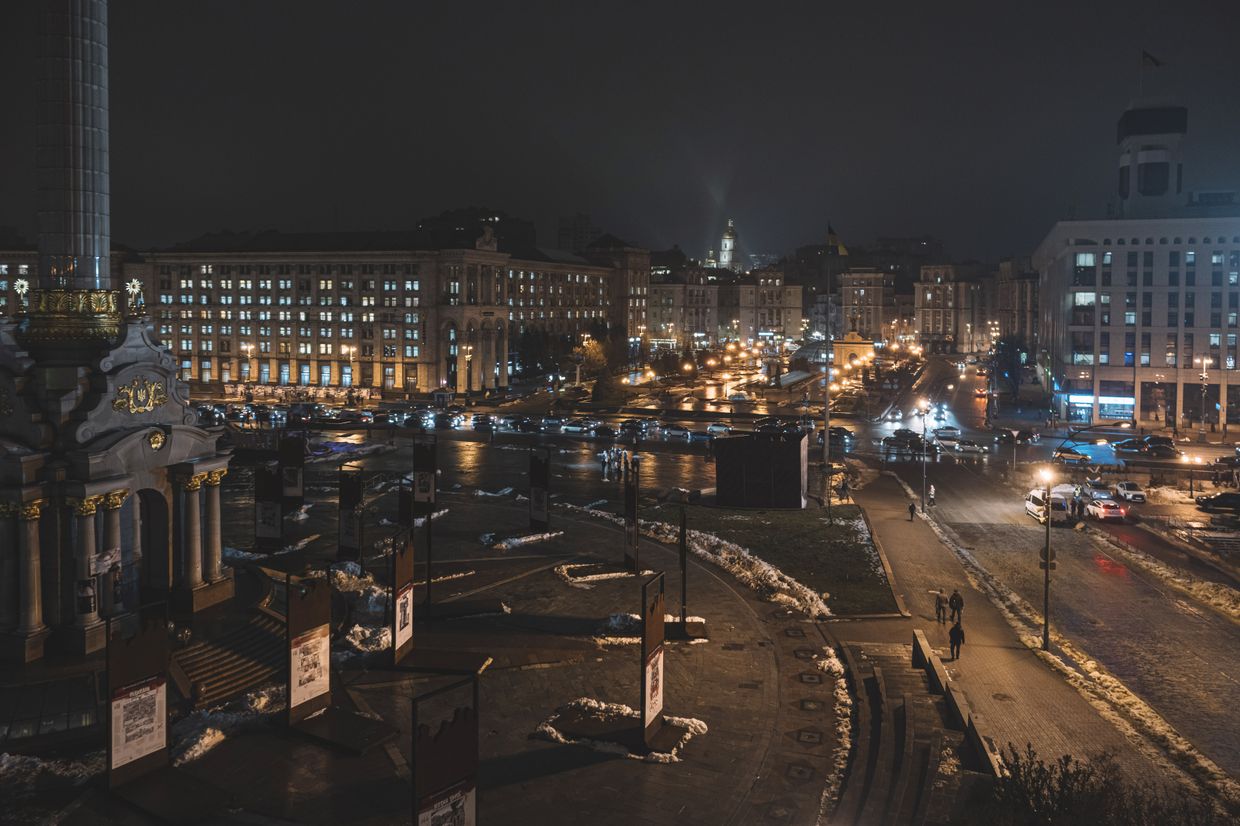Ukraine’s ‘Bird of Pray’: Eurovision, Culture, and Symbolism Unveiled
The phrase bird of pray soared into the spotlight during the Eurovision Song Contest 2025, thanks to Ukraine’s innovative entry. Beyond music, this evocative title resonates with cultural depth and symbolism—capturing the imagination of audiences throughout Europe and beyond. Let’s explore what made this song, and its symbolism, stand out on the global stage.

The Rise of 'Bird of Pray' at Eurovision 2025
Ukraine’s band Ziferblat captivated viewers with their performance of bird of pray in the Eurovision 2025 Grand Final, clinching ninth place overall. The song earned 218 points—60 from the jury and 158 from the public—demonstrating widespread appeal (see full results). Consisting of vocalist Daniil Leshchynskyi, guitarist Valentyn Leshchynskyi, and drummer Fedir Hodakov, the group delivered a memorable performance that added to Ukraine’s rich history at Eurovision.
Ukraine is no stranger to Eurovision success. Since their debut in 2003, the nation has won three times, including the emotionally charged 2022 victory with Kalush Orchestra’s “Stefania.” Each year, Ukraine’s Eurovision entries reflect contemporary themes and national resilience, making songs like bird of pray cultural touchstones.
Symbolism and Meaning Behind 'Bird of Pray'
The phrase bird of pray blends notions of hope, vigilance, and spiritual yearning. Birds are enduring Ukrainian symbols, often representing freedom and peace. By playing on the spiritual connotation of "pray," the song bridges hope with the reality many Ukrainians face in turbulent times.
Throughout history, music and symbolism have offered people strength in adversity. Ziferblat’s performance reminded the world of Ukraine’s enduring spirit, especially as the nation continues to face significant challenges. This deeper meaning resonates far beyond the stage, reflecting Ukraine’s commitment to peace and self-determination.
The Broader Cultural Context
Eurovision remains the world’s largest song contest, serving as a platform for countries like Ukraine to share their stories (learn more about Eurovision's global impact). The title bird of pray aligns with a tradition of using art and music to convey national identity, especially during moments when voices need to be heard most. Previous Ukrainian entries have highlighted key moments in the country's history—such as Jamala’s “1944,” which referenced the forced deportations of Crimean Tatars.
Ukraine’s Message in 2025
This year’s Eurovision was not just about music. It was a stage for cultural expression and solidarity. Ukraine’s continued presence and high scores reaffirm the nation's influence and artistry on the international scene (read about related political events). The world witnesses Ukraine’s resilience through every note and lyric.
Conclusion: A Song that Transcends Borders
The bird of pray is more than just a song title. It’s a powerful metaphor for hope and perseverance. Through music, Ukraine offers a message of unity and determination—even amidst adversity. The performance at Eurovision 2025 stands as a testament to the country’s ongoing journey and the universal language of song.
To learn more about Ukraine's Eurovision history or current cultural events, explore in-depth coverage here and international perspectives here.